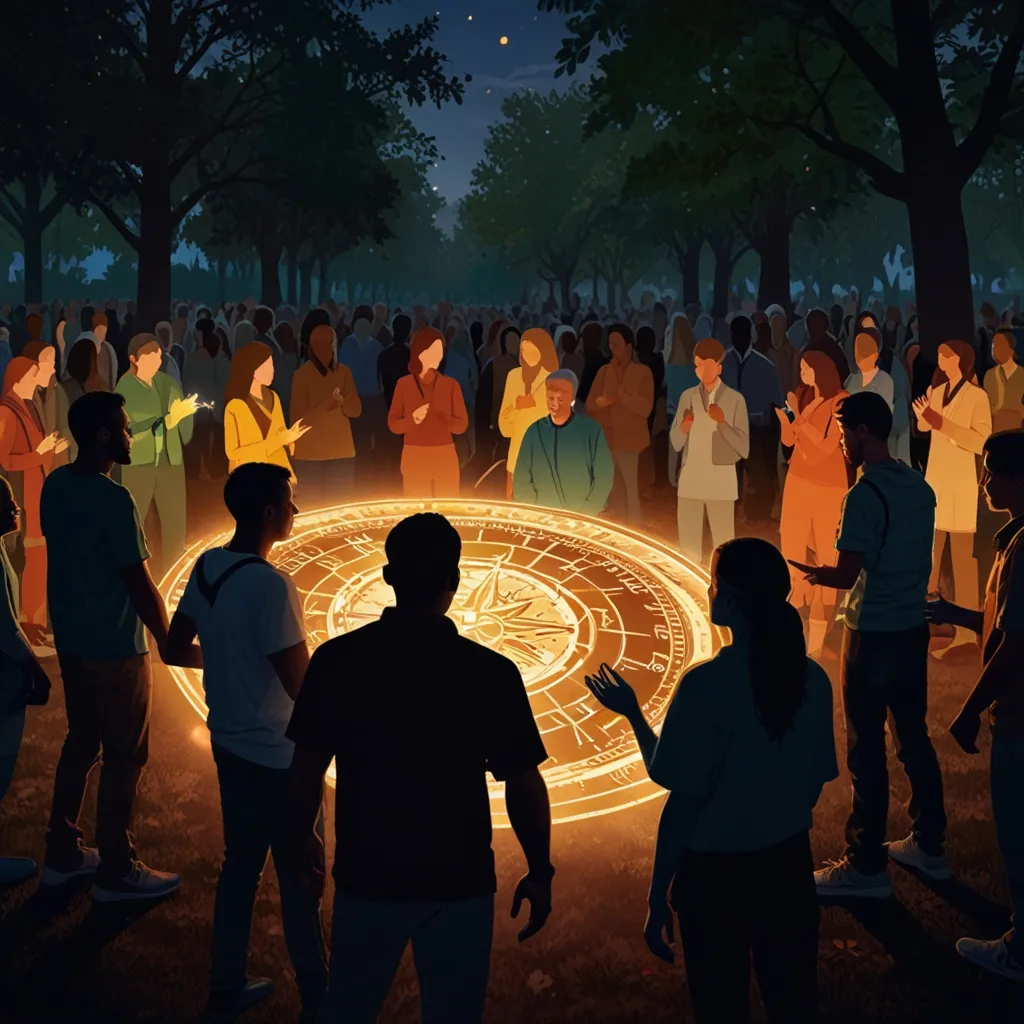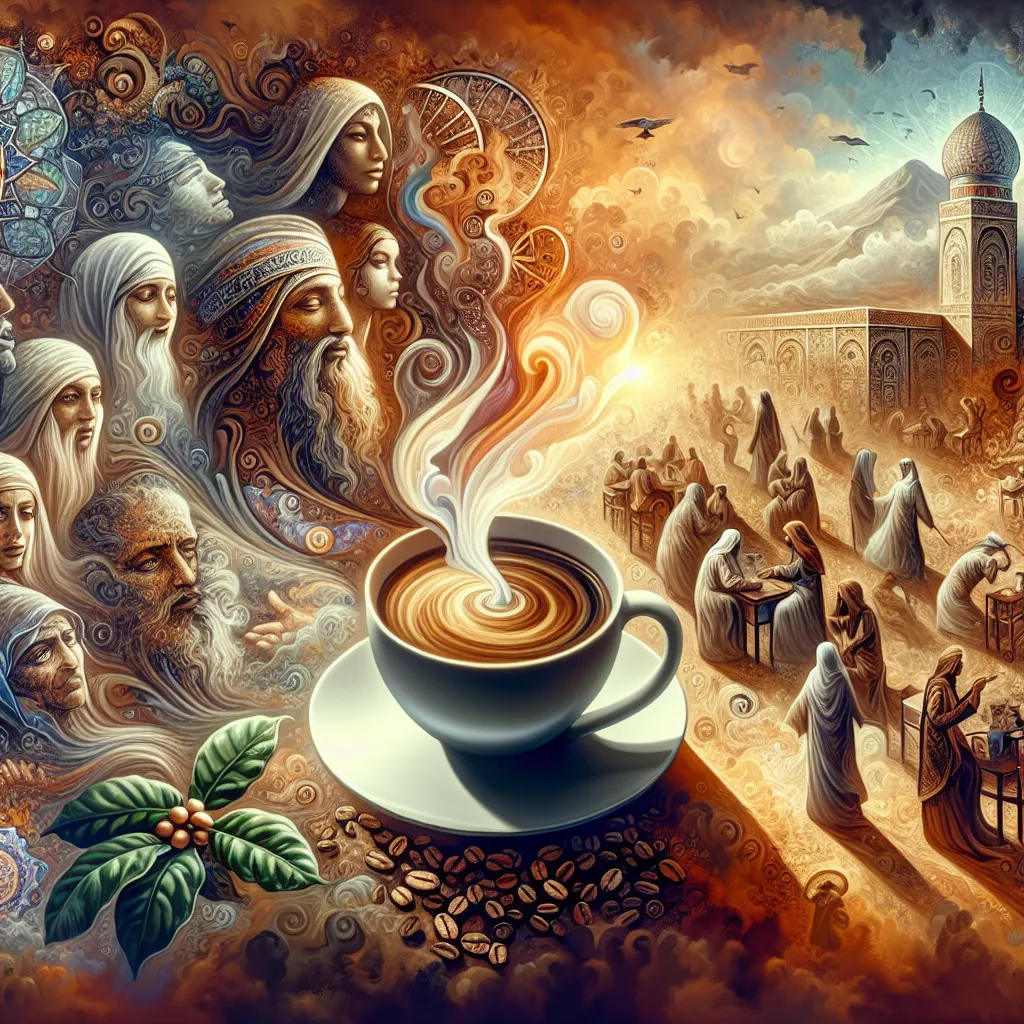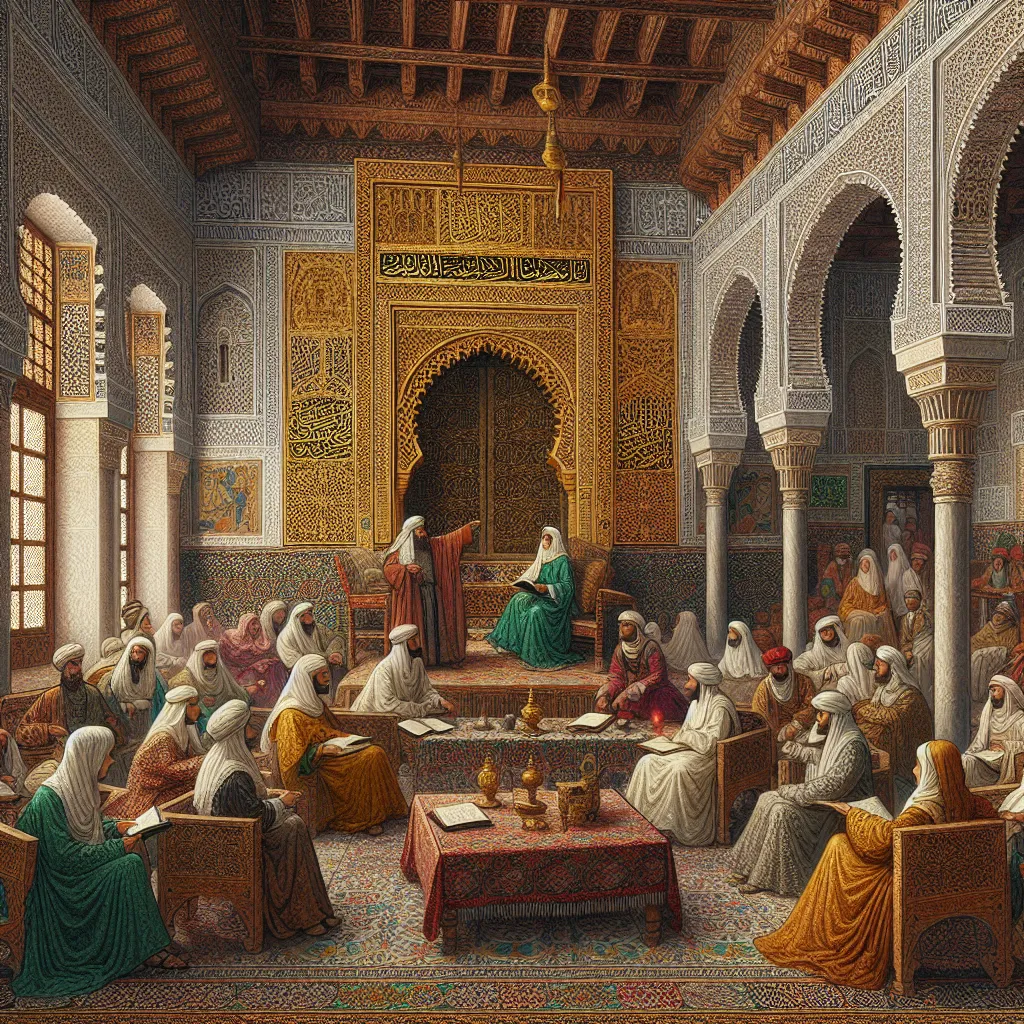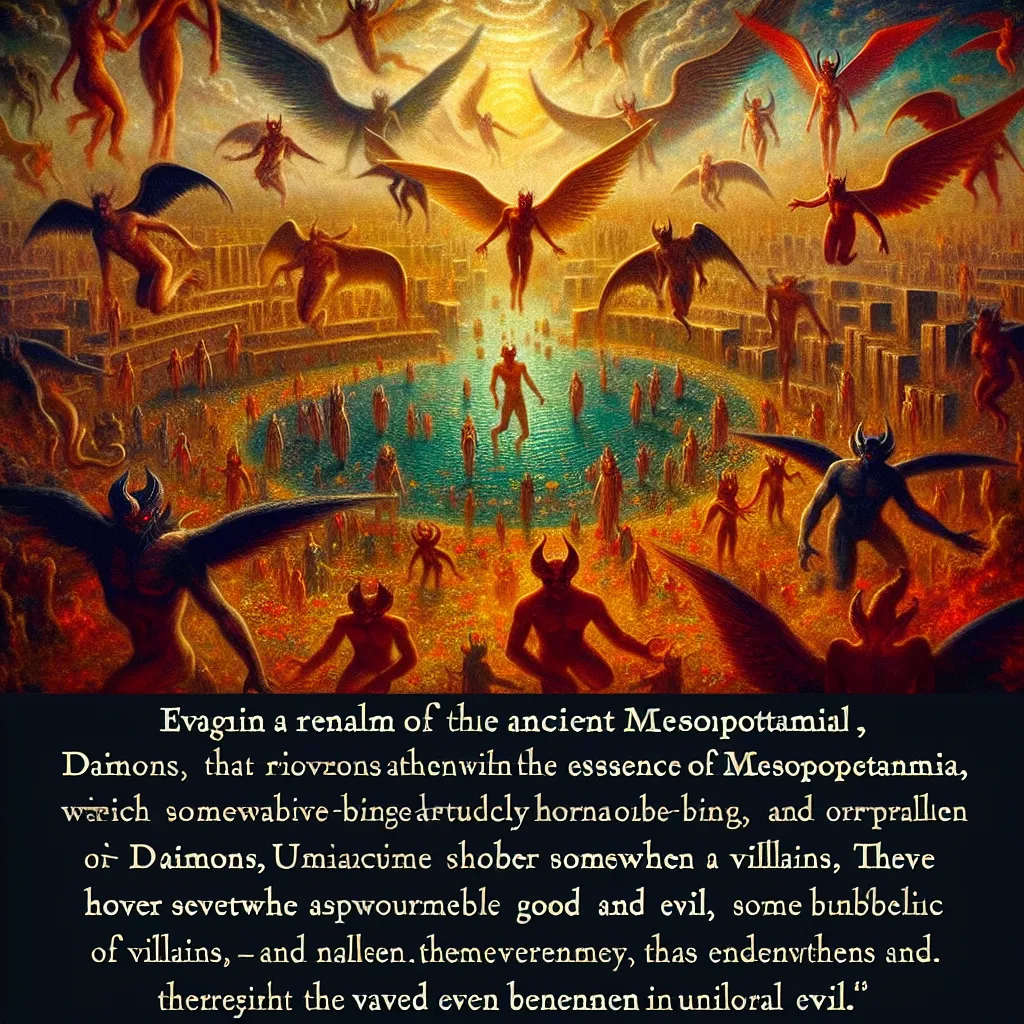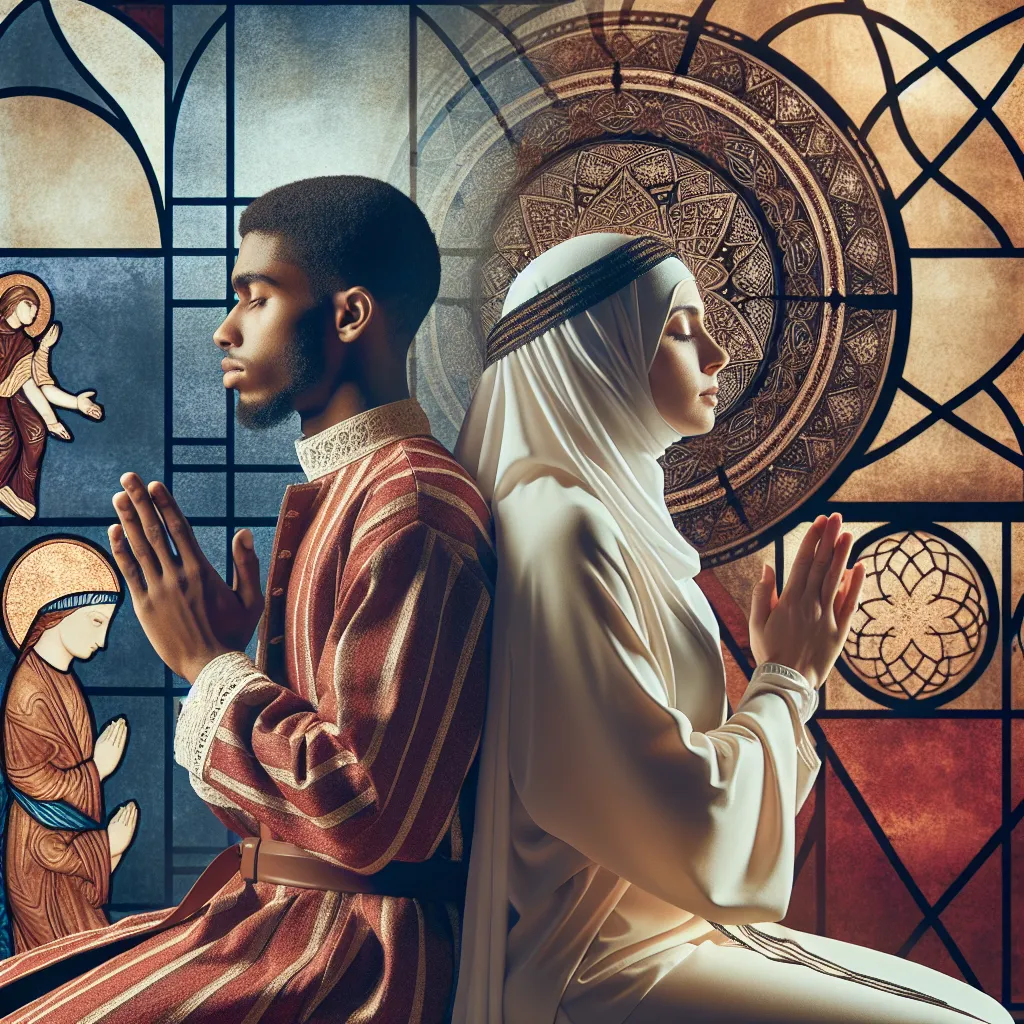Religion is like that one friend who’s been your rock through thick and thin. It’s a bigger deal than just a set of rituals or a belief in some higher power—it’s a whole lifestyle. Seriously, it’s mind-boggling just how profoundly it shapes who we are and how we see the world and our place in it.
First off, religion gives us a set of moral guidelines that help map out what’s right or wrong. These principles are grounded in the teachings of the faith. Think compassion, honesty, and fairness. In many religions, helping others is a big deal, and this instills a sense of responsibility towards our fellow humans. It’s like a moral GPS guiding us through life’s crossroads. When people follow these guidelines, it creates a sort of invisible bond between them. It’s that feeling you get when you attend religious services and share experiences with folks who believe in the same things—it fosters real community spirit. That sense of “we’re all in this together” isn’t something to scoff at; it’s powerful.
Religion also plays a starring role in shaping personal values and beliefs. It’s where we often find answers to the big questions: Why are we here? What’s our purpose? Believing in a higher power can give us a solid sense of direction and purpose, impacting almost all of our life choices. The belief system we adhere to also frames our worldview, shaping how we perceive and react to challenges and opportunities. Often, these beliefs are handed down through generations, becoming stitched into the very fabric of family and cultural traditions.
When it comes to our identity, religion really sinks its teeth in, especially during childhood and those tricky adolescent years. Growing up in a religious household can mold a child’s worldview and self-concept in ways nothing else can. Kids are like sponges, soaking up the religious vibe from their environment, and often adopting their parent’s faith and practices. This kind of upbringing sets a strong foundation, crafting a robust religious identity that tends to stick around well into adulthood.
Now, let’s talk mental health. Studies have shown that being actively involved in formal religious practices is linked to better mental health and higher overall life satisfaction. That sense of belonging to a religious group, imbued with shared beliefs and practices, adds to one’s mental well-being. It’s like carrying an emotional shield that can help us deal with life’s many stressors and adversities. And who wouldn’t want an extra layer of resilience in today’s chaotic world?
Social identity theory posits that our sense of self is significantly influenced by the social groups we connect with, and religion is one heck of a social group. Frequent participation in religious activities intensifies our identification with our faith community, offering a clearer sense of self and role within the larger society. This close-knit affiliation often leads to healthier self-esteem and profound existential contentment.
Culture and religion? They are like peanut butter and jelly. Religion is often interwoven with broader cultural contexts and influences how we behave and interact socially. Think of religious traditions that dictate dietary habits, dress codes, and social etiquette. These guidelines shape our identity by providing a framework for how we express ourselves and fit into the larger social picture. It gets even more intricate when religion intersects with other identity aspects like gender and ethnicity, crafting richly layered, multifaceted individual identities.
Personality traits also mingle with religious beliefs in fascinating ways. Research suggests that people who are deeply religious tend to score higher on traits such as conscientiousness, agreeableness, and even extraversion. They are often more reliable, hardworking, sociable, compassionate, and forgiving. These personality attributes not only contribute to better mental health but also enhance interpersonal relationships, making life just a bit smoother.
Religion is also a go-to coping mechanism during life’s tough times. When faced with stress, illness, loss, or personal crises, turning to faith can offer immense solace and meaning. The support from religious communities can be invaluable, acting as a safety net when the going gets tough, helping individuals to better navigate life’s rough patches.
But let’s not kid ourselves—religion isn’t all sunshine and rainbows. It can pose challenges too. Rigid religious doctrines can sometimes cramp personal freedom and autonomy, especially for those who don’t fit neatly into defined norms. Clashing religious and cultural identities can lead to tensions and even identity crises. Navigating these complexities requires a balanced approach filled with sensitivity and understanding.
In conclusion, religion is this multifaceted force that profoundly influences personal identity. It offers moral guidelines, fosters a sense of community, and provides a robust framework for values and beliefs. Its impact on mental health, social identity, and cultural practices makes it a central player in how people see themselves and their place in the world. While it does come with its share of challenges, the positive effect of religion on identity formation and expression is massive. As we weave through the complexities of modern life, the guiding principles of our faith can serve as a steady compass, shaping who we are and the choices we make.
